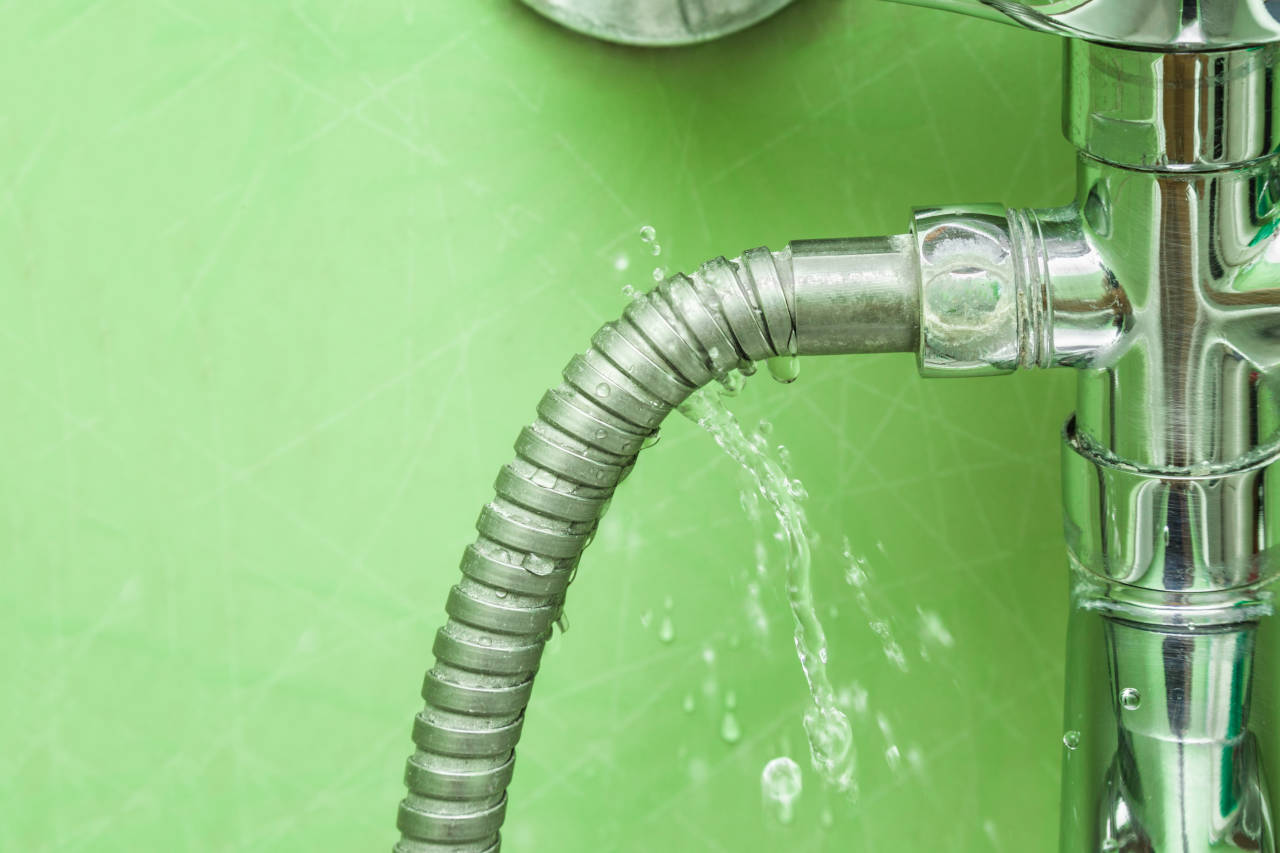Closing Plan On Joe The Plumbing
Closing Plan On Joe The Plumbing
Blog Article
Knowing when to hire a professional plumber can save you a lot of cash in the long run. You should contact a licensed plumber when a plumbing problem requires the expertise and skill of a professional. Please remember that you can prevent many serious problems and emergencies by hiring an experienced professional when you have a problem with your plumbing system. Keep reading if you want to find out what kind of problems require the expertise of a professional.
A fixture refers to anything in a home that has water flowing to it. A toilet, a sink, a hot water tank, a dishwasher, a bathtub; these are all examples of plumbing fixtures. Plumbers know the importance of keeping our fixtures operating like they should. Blockages, clogs, back flow issues and drainage are all things that a running toilet at fixing on a daily basis. Water not moving around as it should poses problems in all areas of a home. Having an issue with water leaving your home can be disastrous as water finds its own level and will back up and possibly spill out, causing a major mess and potentially a lot of damage. Water not going into your home properly causes problems within the pipes and then in turn within the appliances and fixtures that use that water to operate.
When you get to the house stand if front of the toilet and locate the water shut off valve. Should be down below the toilet on the wall. Just turn it off (righty-tighty) completely and flush the toilet. All the water should have left the tank, well at least most of it. If there is remaining water line repair get it out with paper towels or a rag. The important thing is that no more water came in. If it did then your valve is not shut all the way or not working and you need additional help.
This so impressed me, that I thought, here is the man who might fix my sink problem, and I told him about my kitchen sink. The look on his face was priceless, as he said, "Ridiculous! Sinks don't leak if they're new." He even showed me what to do. He took out a big heavy-duty screwdriver with a big flat-head blade and showed me. "This is what's probably lose." He put the blade of the screwdriver in a notch the size of a giant screw head that was right in the center of the drain basket where the plug sat in.
Dirty waste water, after all, leaves your house following the law of gravity. Waste water goes downward to the sewer or septic tank, nice and easy. Behind this simple rule is the multitude of vents and traps to keep the process of waste removal possible. Vents allow air to fill drainpipes, precious air that allow waste water outflow. Traps are those curved S-shaped sections of the pipes under the sink drain. Traps perform a crucial role in forcing most of the water through the drainpipe, but leaving some to seal the area and prevent sewer gas from backing up.
Remove the cap of the faucet using slip-joint pliers. Tape the teeth of the pliers to prevent damage of the surface. Remove the faucet cam washer and water line repair the rotating ball.
When doing the install on a water heater, keep an eye out for unconnected pipes. A commonly missed pipe is the one that leads out from the area for drainage. It is probably a recirculation pipe; that helps your water remain heated without wasting too much water.
A large plumbing job, such as re-piping or installing additional fixtures, may require a permit. Check with your city's department of building and safety before asking for estimates, and avoid any plumbers who are reluctant to comply with regulations.